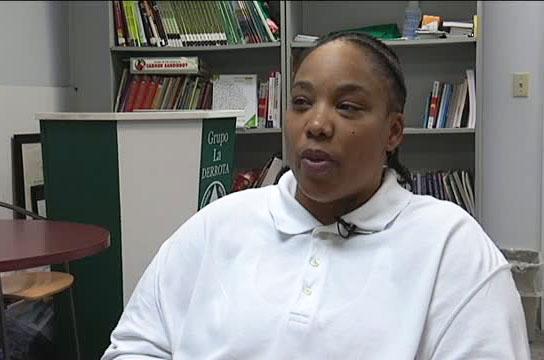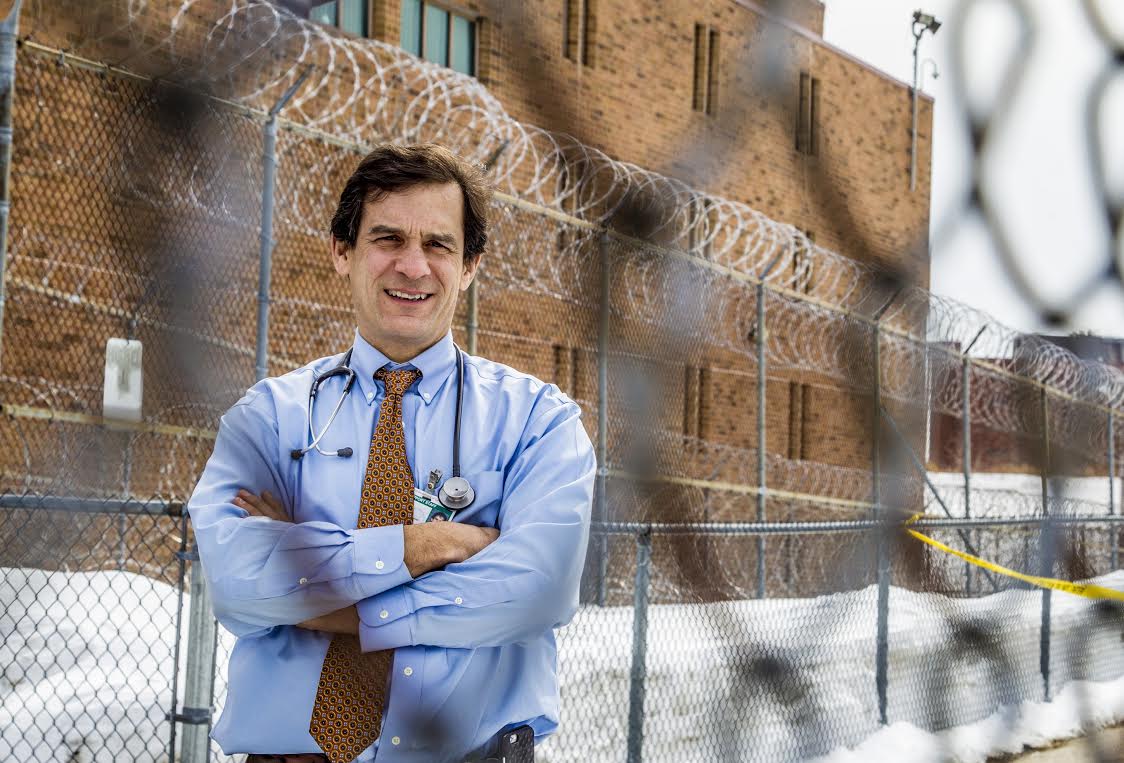PROVIDENCE, R.I. [Brown University] — One of the times Tarah Dorsey was taken off methadone maintenance therapy by prison authorities, she spent a month in withdrawal, she said, barely managing to sleep a few hours a night in her cell. She said she knows other people who never took up the effective addiction treatment for fear they’d suffer the same fate.
“I know people who came to prison on methadone, got detoxed while they were in prison, went home and overdosed and died,” said Dorsey, who now works as a recovery coach at Anchor Recovery Community Center in Pawtucket.
Dorsey overdosed in prison in December 2006. Someone gave her drugs, and because she was no longer on methadone, there was nothing to curb her craving for that high.
“It was a close call,” she said. She went to the hospital, she said, and then to solitary confinement for a while.
As someone who has lived in and out of prison with addiction, who has counseled others, and has benefitted from methadone maintenance when she’s had access to it, Dorsey said it makes her sad that prisons cut inmates off from therapy.
“To take somebody’s medication from them is wrong,” she said. “A disease is a disease is a disease, no matter how you look at it.”


